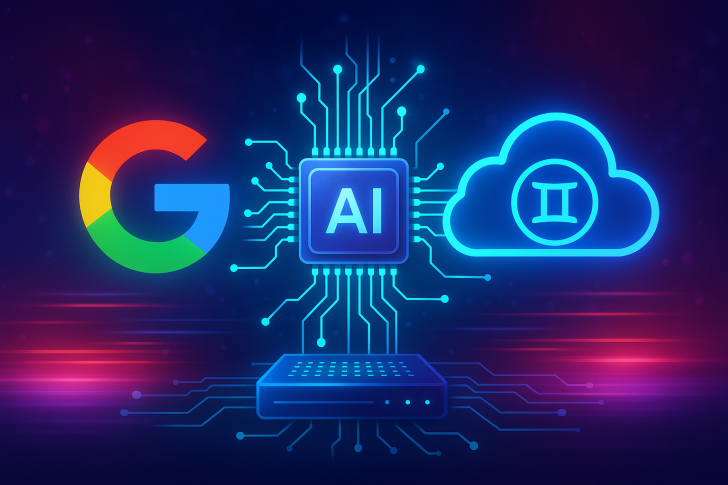⬤ Google has rolled out Private AI Compute, a system that lets users tap into powerful Gemini AI models in the cloud without sacrificing privacy. The platform addresses a fundamental tension: running sophisticated AI requires massive computing power that personal devices simply can't provide, yet sending data to the cloud typically means giving up control over who can see it.
⬤ Private AI Compute solves this by processing requests inside sealed cloud environments powered by Google's custom TPUs and Titanium Intelligence Enclaves. These specialized hardware units lock down and encrypt all data, creating secure zones where even Google's own engineers can't peek at what's being processed. Before any information leaves your device, the system uses remote attestation — essentially a cryptographic handshake — to verify that the cloud environment is genuinely secure and hasn't been tampered with.
⬤ Once verified, your Gemini prompts run in complete isolation. The AI does its work, sends back results, and then everything gets wiped. Google calls this "no-access computing," meaning your data never exists in readable form outside the protected enclave. It's like having a conversation in a soundproof room that self-destructs afterward.
⬤ The first real-world applications will show up in Pixel 10 devices, powering features like Magic Cue suggestions and enhanced Recorder summaries. These tools demonstrate how cloud-scale AI can deliver deep contextual understanding while keeping your information locked down at a local level.
⬤ The approach echoes Apple's Private Cloud Compute, suggesting the industry is converging on trusted execution environments as the future of AI privacy. For Google, it's a bet that users want both intelligence and control — and that they shouldn't have to choose between them.
 Saad Ullah
Saad Ullah

 Saad Ullah
Saad Ullah


